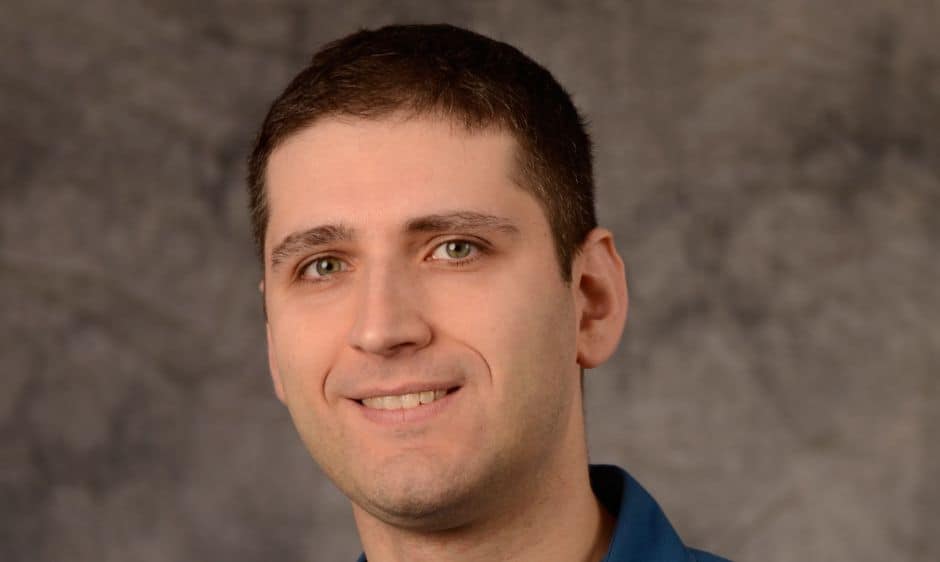Introduction
Reading the mountain of news stories about him this year, you’d have every reason to think that Howard Rich’s pockets — at least when it comes to his favorite political causes — are plenty deep.
Many stories have suggested, for example, that Rich may have poured more than $10 million into ballot initiatives that will be put to voters on November 7.
“The property-rights movement, as it is known, has a major new benefactor — Howard Rich, a wealthy libertarian real estate investor from Manhattan,” The Washington Post recently reported. “He has spent millions — estimates run as high as $11 million — to support initiatives that will appear on ballots throughout much of the West.”
But Rich’s apparent fat-cat status this year doesn’t exactly square with his record over the past 26 years as a donor to political candidates and committees, at least at the federal level. Reports filed with the Federal Election Commission from 1980 through October 2006, in fact, show only $190,050 in such contributions from Rich.
More than a third of that amount went to two political groups that are connected to Rich’s own organizations. Over the years Rich has given a total of $25,500 to Term Limits America PAC, which is registered at the same address in Fairfax, Virginia, as William A. Wilson, a political consultant who’s an officer of at least five organizations that Rich leads. And from 1992 to 2006 Rich gave more than $48,000 to various political committees affiliated with the Club for Growth, a Washington, D.C.-based political group that promotes “pro-growth economic policies by the federal government.” And he’s the president of one of its offshoots, Club for Growth State Action.
Another $10,500 of Rich’s money went to the Libertarian National Committee: $10,000 in 1980, when Ed Clark and David Koch were the party’s presidential and vice presidential nominees, and another $500 in 1990.
In the same period, Rich also made these contributions to presidential and congressional candidates:
- $12,000 to Tom Coburn, a Republican senator from Oklahoma who is “chairman emeritus” of Americans for Limited Government, a tax-exempt organization in Chicago that’s been underwriting this year’s initiative campaigns. Rich is the organization’s chairman.
- $6,000 to Jim DeMint, a Republican representative and then senator from South Carolina.
- $3,000 to Steve Forbes, an unsuccessful candidate for the Republican presidential nomination in 1996 and 2000.
- $3,000 to Sydney Hay, an unsuccessful Republican House candidate from Arizona.
- $2,100 to Henry Cuellar, a conservative Democratic representative who endorsed George W. Bush in the 2000 election and frequently supports Bush’s agenda. Cuellar was the only Democrat endorsed by the Club for Growth in 2006.
- $2,000 to John Ashcroft, a Republican senator from Missouri who later became attorney general under President George W. Bush.
- $2,000 to Charles Condon, who was seeking the Republican nomination for an open Senate seat in South Carolina.
- $2,000 to Terry Considine, an unsuccessful Republican Senate candidate from Colorado.
- $2,000 to Ric Keller, a Republican representative from Florida.
- $2,000 to Ronna Romney, an unsuccessful Republican Senate candidate from Michigan.
- $2,000 to Bob Schaffer, a Republican representative from Colorado, who was seeking the party’s nomination for an open Senate seat.
- $2,000 to Tom Tancredo, a Republican representative from Colorado.
Rich also made contributions, in each case totaling less than $2,000, to 30 other federal candidates.

Join the conversation
Show Comments